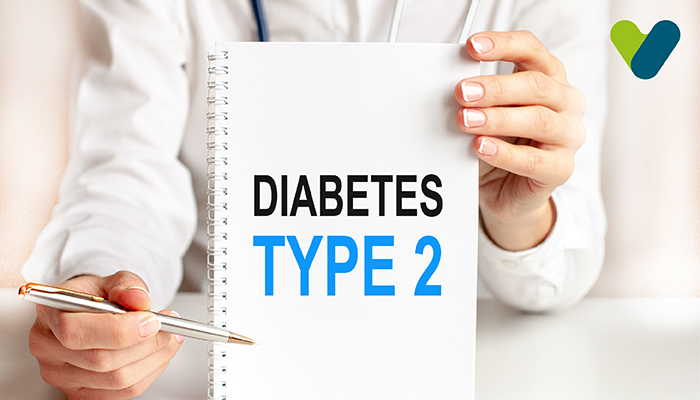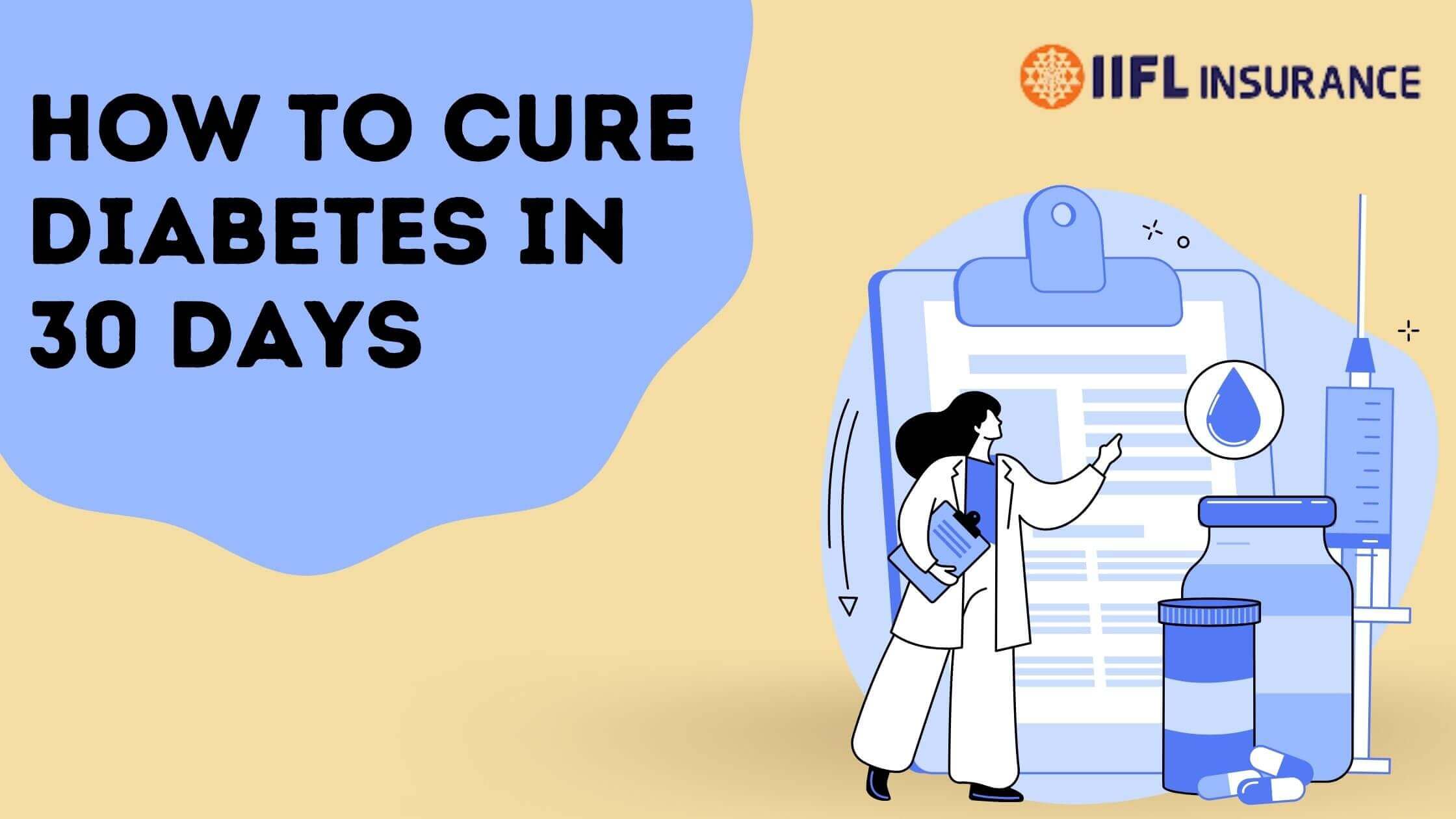Type 2 diabetes is a persisting disease that controls your body from using insulin the way it should. People having type 2 diabetes are said to have insulin resistance.
People who are adults or older are probably getting this kind of diabetes. It is known as adult-onset diabetes. But mainly because of childhood obesity type 2 diabetes also influences kids and adults.
Type 2 diabetes is the most common type of diabetes. Many people have high blood sugar (or blood glucose) but are not high enough to be diabetic yet.
Signs and Symptoms of Type 2 Diabetes
Type 2 diabetes symptoms can be so light that you don't notice them. Many people who suffer from type-2 diabetes don't know it. Symptoms include:- Being very thirsty
- Peeing a lot
- Blurry vision
- Being cranky
- Tingling in your hands or feet
- Fatigue/feeling worn out
- Wounds that don't heal
- Yeast infections that keep coming back
- Feeling hungry
- Weight loss without trying
- Getting more infections
Causes of Type 2 Diabetes
Your pancreas forms a hormone called insulin. It maintains your cells to turn glucose, a type of sugar, from the food you eat into energy. People having type 2 diabetes produce insulin, but their cells don't need it as well as they should.Firstly, your pancreas produces more insulin to try to get glucose into your cells. But ultimately, it can't manage up, and the glucose forms up in your blood instead.
Usually, Here are the causes of type 2 diabetes. They might include:
- Genes- Many doctors found different bits of DNA that influence how your body forms insulin.
- Extra weight- Being overweight can cause insulin resistance, especially if you hold your extra pounds around your middle.
- Metabolic syndrome- People with insulin resistance generally have a group of conditions including high blood sugar, extra fat around the waist, high blood pressure, and high cholesterol and triglycerides.
- Your liver makes and sends out glucose when your blood sugar is low. Your blood sugar goes high after you eat and your liver will usually low down and store glucose for later. But many people’s livers don't. They keep starting out with sugar.
- Bad communication between cells- Sometimes, cells transfer the wrong signals or don't pick correct messages. When these problems influence how your cells form and use insulin or glucose, this leads to diabetes with a chain reaction.
- Broken beta cells- Your blood sugar gets thrown off if the cells that produce insulin put out the wrong amount of insulin at the wrong time. High blood sugar can harm these cells, too.
Risk factors for type 2 diabetes
Many things can increase the likeliness of you getting type 2 diabetes. Here are some things that are related to who you are:- Age: 45 or older
- Family: A parent, sister, or brother having diabetes
- Ethnicity
- Prediabetes
- Heart and blood vessel disease
- High blood pressure if it is under control
- Low HDL ("good") cholesterol
- High triglycerides
- Being overweight or obese
- Having a baby who has more than 9 pounds of weight
- Gestational diabetes if you were pregnant
- Polycystic ovary syndrome (PCOS)
- Depression
- Getting little or no exercise
- Smoking
- Stress
- Sleeping too little or too much
Tests for Type 2 Diabetes
For signs of type 2 diabetes, your doctor can test your blood. But if you have many symptoms or your blood glucose is very high one test may be all you need.- A1C- Over the past 2 or 3 months, it is like an average of your blood glucose.
- Fasting plasma glucose. This is also called a fasting blood sugar test. It calculates your blood sugar on an empty stomach. Except for water, you won't be able to eat or drink anything for 8 hours before the test.
- Oral glucose tolerance test (OGTT). This measures your blood glucose before and 2 hours after you drink something sweet to check how your body controls the sugar.
Diagnosis & Treatment For Type 2 Diabetes
With blood tests, doctors can diagnose type 2 diabetes that measures blood glucose levels. During a routine screening test, many people have high blood sugar, but anyone who has experienced symptoms must see a doctor.Treatment helps to keep your blood glucose levels maintained at a healthy level and prevent complications. The main ways to do it are through lifestyle measures.
These include:
- Follow a healthy diet
- Keep a healthy weight of body mass index (BMI)
- Doing physical activity
- Getting enough sleep
- Avoiding or quitting smoking
- The doctor recommended taking medications or insulin
Conclusion
Currently, there is no recovery for diabetes, but most people having this condition can live a healthy life by managing their condition properly.People who control a healthy weight, follow a healthful diet, and do regular exercise may not need medication. Taking these steps can help to control your blood sugar levels.


